Per the documentation, the minimum spanning tree algorithm implemented in boost should work only on undirected graphs. Yet, the following code that provides a directed graph as input to the algorithm seems to work just fine: (while building on MSVC Visual Studio 2019, there are no warnings related to boost)
#include <boost/property_map/property_map.hpp>
#include <boost/config.hpp>
#include <boost/graph/adjacency_list.hpp>
#include <boost/graph/kruskal_min_spanning_tree.hpp>
#include <boost/graph/graph_utility.hpp>
using namespace boost;
typedef adjacency_list <vecS, vecS, directedS, no_property,
property<edge_weight_t, double>>
Graph_vvd_MST;
typedef adjacency_list_traits<vecS, vecS, directedS> Traits_vvd;
property_map<Graph_vvd_MST, edge_weight_t>::type cost;
typedef Traits_vvd::edge_descriptor Edge;
std::vector < Edge > spanning_tree;
int main() {
Graph_vvd_MST g;
add_vertex(g);//0 th index vertex
add_vertex(g);// 1 index vertex
add_vertex(g);// 2 index vertex
cost = get(edge_weight, g);
//Add directed arcs
for(int i = 0; i < 3; i++)
for (int j = 0; j < 3; j++) {
if (i == j)
continue;
std::pair<Traits_vvd::edge_descriptor, bool> AE = add_edge(i, j, g);
assert(AE.second);
if (i == 0 && j == 1) cost[AE.first] = 1;
if (i == 0 && j == 2) cost[AE.first] = 2;
if (i == 1 && j == 0) cost[AE.first] = 1;
if (i == 1 && j == 2) cost[AE.first] = 2;
if (i == 2 && j == 0) cost[AE.first] = 1;
if (i == 2 && j == 1) cost[AE.first] = 2;
}
kruskal_minimum_spanning_tree(g, std::back_inserter(spanning_tree));
printf("MST Solution:\n");
for (std::vector < Edge >::iterator ei = spanning_tree.begin();
ei != spanning_tree.end(); ++ei) {
int fr = source(*ei, g);
int to = target(*ei, g);
double cst = cost[*ei];
printf("[%d %d]: %f \n", fr, to, cst);
}
getchar();
}
The code above generates the following bidirectional graph:
The output of the code is correctly:
MST Solution:
[0 1]: 1.000000
[2 0]: 1.000000
Is it the case that the document is not updated and in recent boost versions, the algorithm can actually work with directed graphs?
